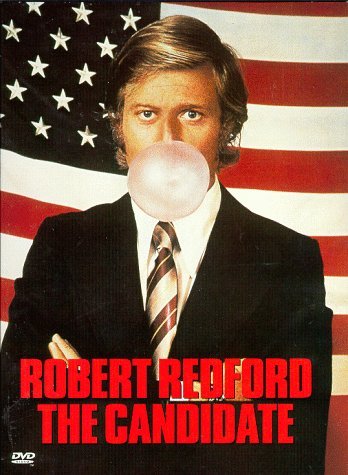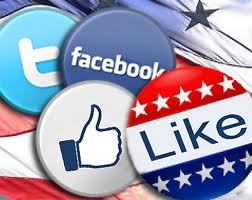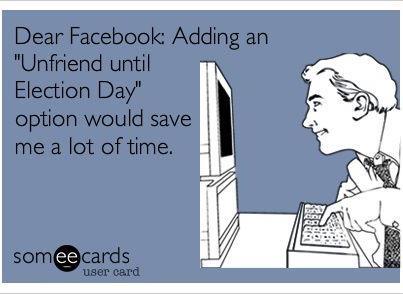Silkwood (1983) features Meryl Streep as Karen Silkwood, a worker for a nuclear plant. Due to the fear of radiation and employee mistreatment, Karen becomes a union activist and strives to reveal her company's secrets. When investigating her company after many are contaminated by radiation, she discovers altered safety records and plans to meet up with a reporter. Silkwood (1983) depicts the health and environmental struggle between corporations and citizens, where companies prioritize profits over the happiness and safety of employees and good for the environment.
I never realized the environmental movement dated back to 1890, but according to the, "The American Environmental Movement," by political scientist D.T. Kuzmiak (1991) the green movement had remained relevant for Americans for much longer than expected. Kuzmiak discusses three major topics relevant to the green movement: how they effect globalization, unite communities and as a result, how they gave voting and buying powers for environmental issues. Although people seem to be more aware, it seems we could do much more to lessen the damage done to natural resources. Kuzmiak also references another researcher, Downs, who states that Americans do not tend to stay focused for long. Although we have let the environment remain an issue from 1890 to today in 2012, green is more significant during some generations than others. For example, in the 1970's and in the 2000's. Even though many of us recycle and companies abuse green-friendly labels, few take advantage of solar power, eat non-genetically modified foods, etc. Why? Because completely respecting the environment means not being excessive! Whole Foods Market is excellent at providing outlets for individuals to be kind to the environment and animals.
What have we done for the environment since the 1890's?
Again, although seemingly not enough, the US made pretty large steps over time. For example, according to Jon Agnone (2007) in "Amplifying Public Opinion: The Policy Impact of the U.S. Environmental Movement," President Theodore Roosevelt always supported go-green legislation. Roosevelt stayed dedicated to stop deforestation and to protect endangered species. In the early 1970's, the Environmental Protection Agency was created along with the Clean Air Act and the Water Pollution Control Act. Although not a priority, perhaps because of the economy, environmental concern was relevant in the 2012 election hot button issues. I also visited the New Jersey State House in Trenton on Mondays for the entire semester. Legislators often struggled with mandates to force companies and people to go green. However, optional, but promissory legislation was popular. For example, a bill would not demand that a company use Hybrid or Electronic cars, but would reward companies (either with tax cuts or whatever is available) that did, with hopes to motivate them. Unfortunately, many conservatives often felt these plans were unfunded or unnecessary.
Because the deterioration of the environment is a slow process, and exploiting other countries for goods and services is always an option, Americans often neglect to care about the consequences. In order to actually see progress, people have to be willing to spend more money, and stop being so lazy. The combination of being cheap and being lazy are going to provide a brown and tough future. Although my family shops at Whole Foods, uses green friendly grocery bags, recycles as much as possible, uses green-friendly cleaning supplies, lights, etc. we still have a carbon footprint that is too big! The people in cities seem to be even worse. According to Eric J. Krieg (1998), in "The Two Faces of Toxic Waste: Trends in the Spread of Environmental Hazards," toxic waste is unevenly distributed between black urban area and white suburban areas. Although, many pollution and garbage in cities is increased because there are more people? Like in Silkwood (1983) people need to continue to try and come forward to expose bad businesses. They will set the groundwork for individuals to follow. Although going green and being healthy was successfully made trendy in the 1990's and 2000's, the dedication needs to go a step further! Stop:
And preserve:





